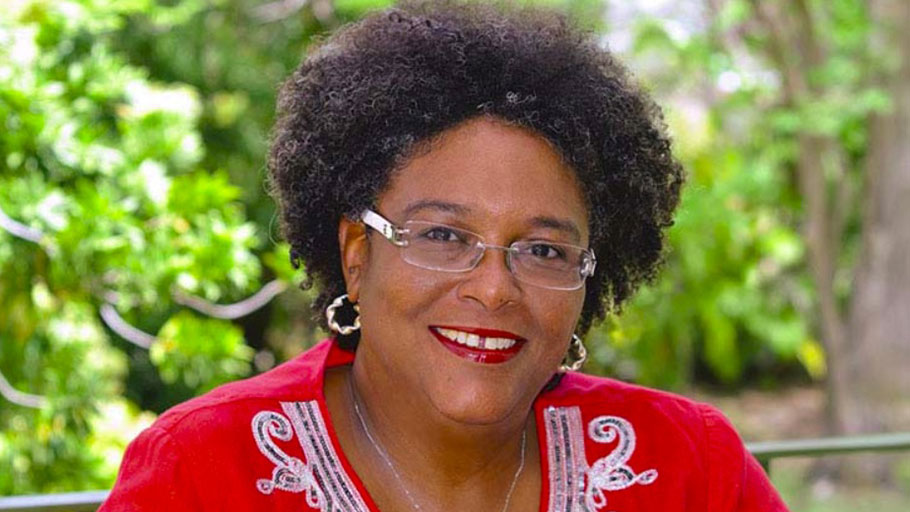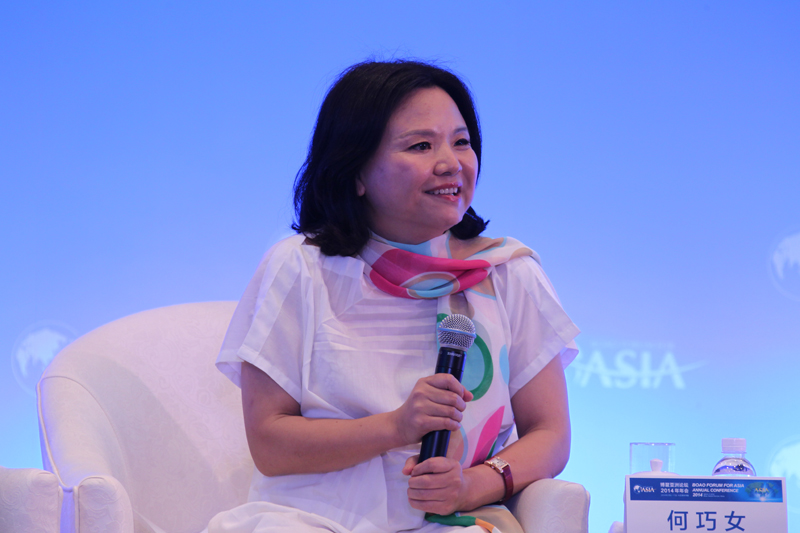Mia Mottley’s life story buttresses the fact that women are defiling the norm and blazing the trail, even in a somewhat patriarchal society.
Born into a family of successful leaders, she was certainly familiar to leadership. Her father Eliott Deighton Mottley was a barrister who sat in the House of Assembly, albeit for a relatively short time before vacating the seat to become consul-general in New York. He married Mia’s mother, Santa Amor Tappin in December 1964 just three years after being called to the Bar and was elected to represent Bridgetown (Bardados) in May 1969.





